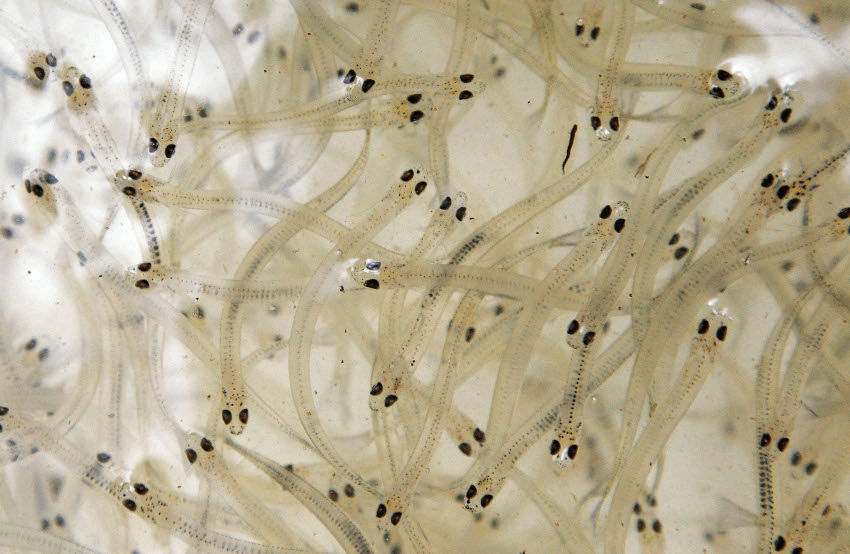Whitebait season is here, and Forest and Bird is steaming mad about it. Why are we serving endangered fish in home kitchens and cafes alike? And where are the catch limits?
What’s all this then?
Set the nets and get out your gummies – it’s whitebait season, and nothing tastes better than an endangered fish.
Yum! Wait, what?
Whitebait stocks are at critical levels. Habitat loss, a lack of conservation data and plain old overfishing mean we’re simply running out. Forest and Bird is calling for a ban on commercial sales and environmentalists are freaking out. Yet around the country, the buttery smell of nascent fritters is fills the air.
That doesn’t sound right. What gives?
Whitebait are in fact the juveniles of five species of freshwater fish from the group galaxiidae, so called because of the patterns of their skin, which resemble a galaxy of stars.
Of the kōaro, giant kōkopu, banded kōkopu, shortjaw kōkopu and the īnanga, four species are in danger of extinction. Three of the four endangered species are doing “just as badly” as the North Island brown kiwi, Forest and Bird freshwater advocate Annabeth Cohen told RNZ, and due to legislative quirks, right now they have few if any protections under law.
For most of New Zealand, whitebaiting season runs until the end of November, except for the West Coast where it runs from 1 September to 14 November. This period is in effect a free-for-all. There is no catch-limit on ‘white gold’, no regulation around commercial sales, and for several months the streams of this nation throng with keen and secretive ‘baiters, coveting their stands as viciously as any angler.
Because of this, we have no idea how many whitebait are being caught each year. We don’t know which species, and we don’t know how or by who. Leading freshwater experts and conservationists dismiss anecdata – the only type we’ve got around run quality and fish numbers – as useless.
We’re “sleepwalking towards a collapse”, freshwater ecologist Mike Joy told NZGeo last year.
Whitebait is the only endangered species you see on the average menu, something Forest and Bird’s Cohen says is morally and practically wrong.
“We can’t expect to profit off of these fish in a sustainable way. Profiting from an endangered species is just not sustainable.”
So is a ban likely to happen?
Forest and Bird wants consumers to vote with their wallets, telling RNZ that it’s time for New Zealanders to “start having a conversation”. The government has a strong role to play too: New Zealand’s native fish have no protection under the Wildlife Act unlike, say, a trout – one of whitebait’s most dangerous predatory threats. We knew about this in 2012. And few MPs are screaming and shouting about fish stocks.
At this stage, Forest and Bird is yet to approach a single commercial operator. There is no apparent movement within business to demand transparency or monitoring of fishing methods. And without a recreational catch limit, there are few barriers to an incredibly lucrative black market taking its place.
So it falls then to the public to moderate our consumption. You wouldn’t eat a kiwi, would you?
The Spinoff’s food content is brought to you by Freedom Farms. They believe talking about food is nearly as much fun as eating it, and they’re excited to facilitate some good conversations around food provenance in Aotearoa New Zealand.

